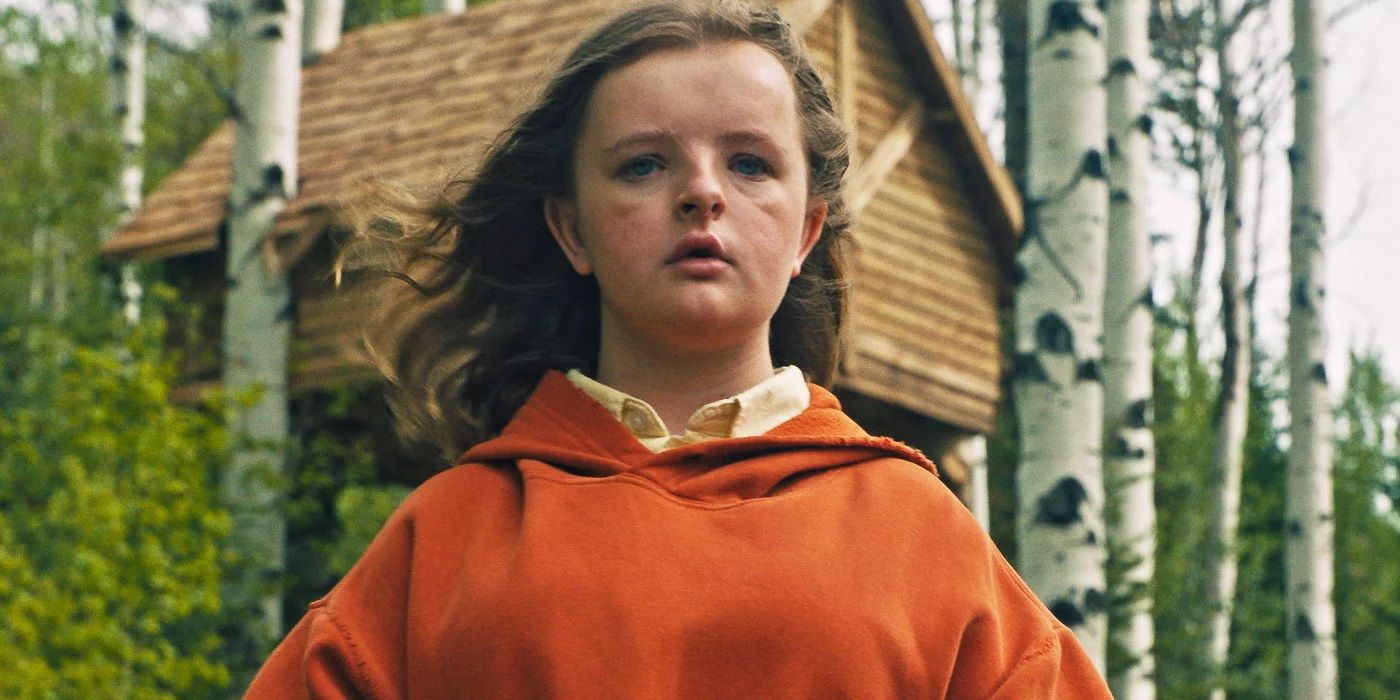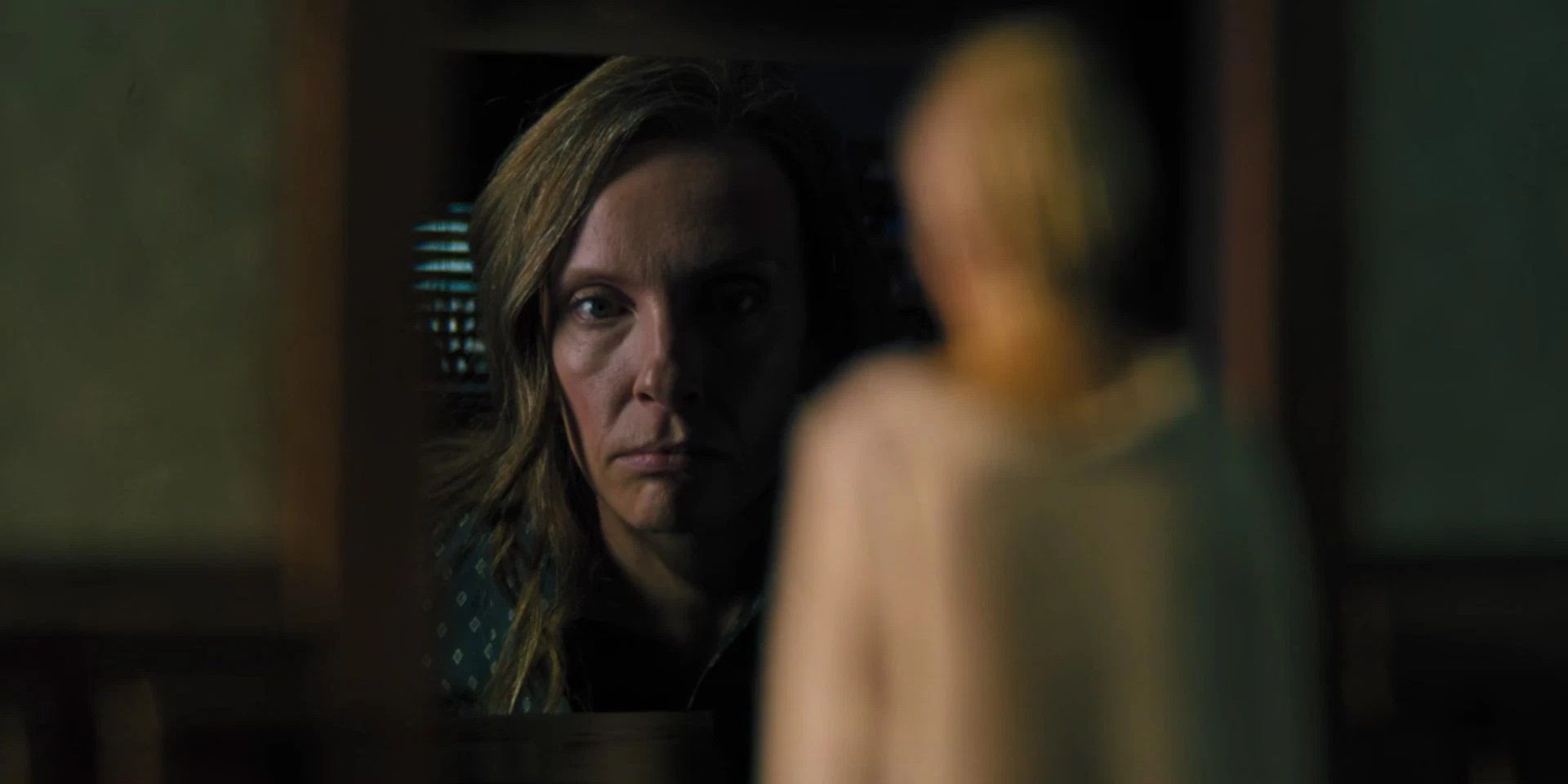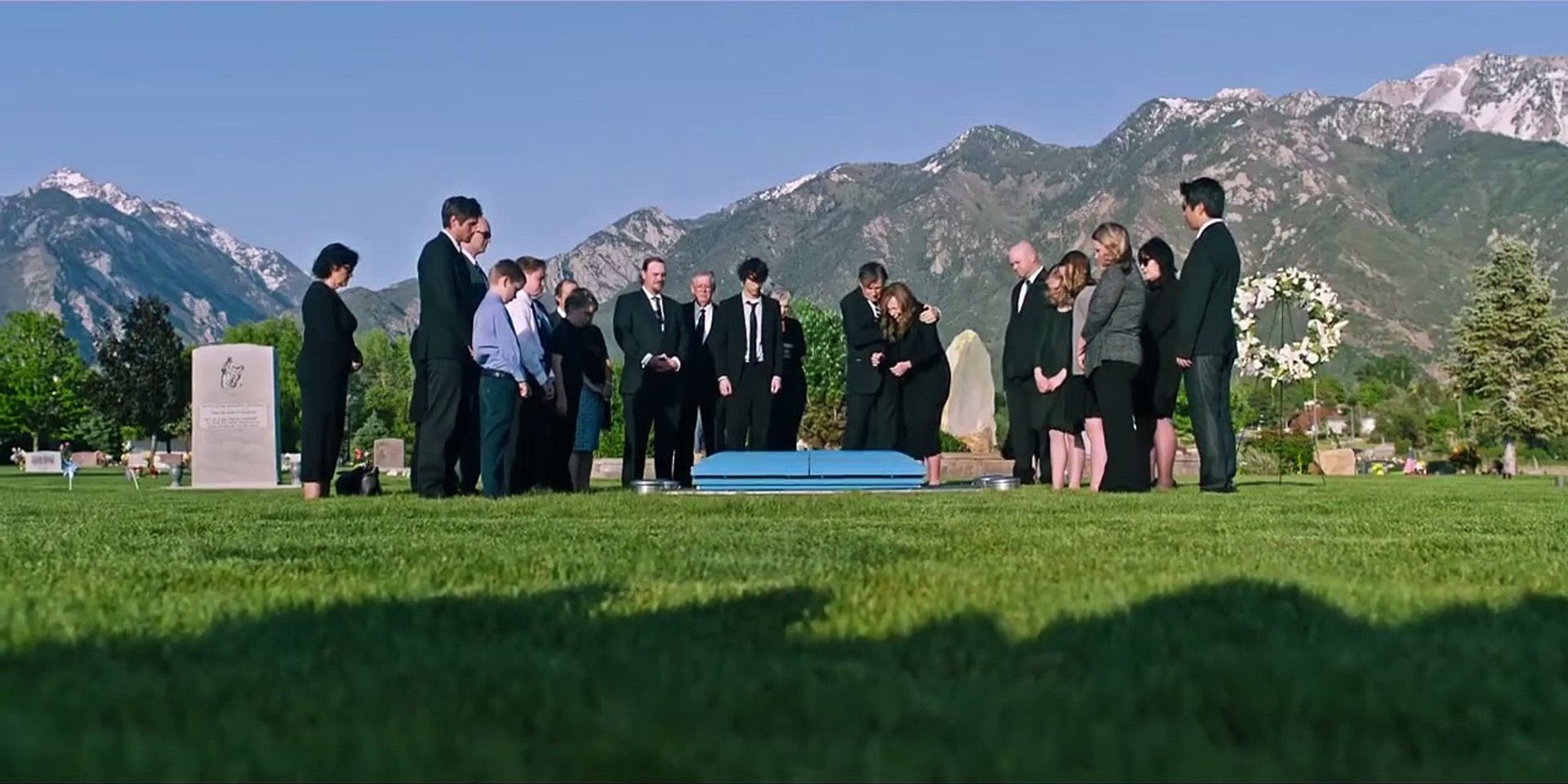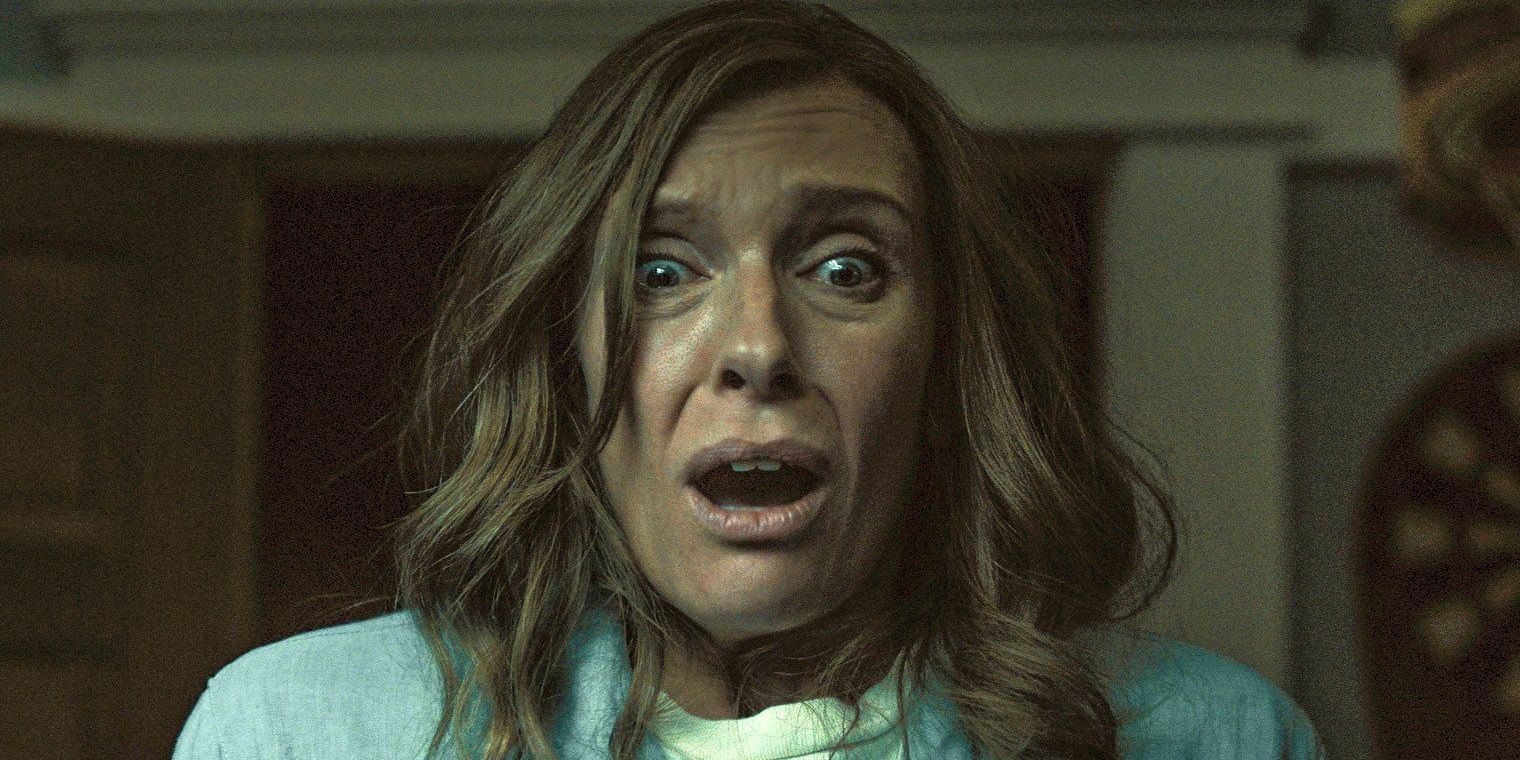
Since most of the possible stories have already been told and genres are defined with rigid tropes and frameworks, it’s becoming increasingly difficult for movies to surprise audiences. The sets of highly anticipated productions are plagued with fans eager to capture photos of the biggest reveals so they can spread them across the internet. Plus, as the competition for audiences’ attention continues to increase in the streaming age, trailers are giving away more and more to get butts in seats.
While the trailers for 1917, Batman v Superman, and Jurassic World: Fallen Kingdom all spoiled the most rewarding twists and turns from their movies, the masterfully crafted trailers for Ari Aster’s directorial debut Hereditary managed to keep the audience in the dark. Not only did Hereditary’s trailers effectively hide the horror masterpiece’s biggest surprise; it led audiences to expect something completely different.
RELATED: Hereditary: What Exactly Did The Graham Family Inherit?
Inspired as much by harrowing family dramas like The Cook, the Thief, His Wife & Her Lover as other horror movies like Rosemary’s Baby, Hereditary tells the story of the Graham family as they grieve the death of a grandmother and unwittingly become targets of the pagan cult she was a part of. Toni Collette stars as Annie Graham alongside Gabriel Byrne as her husband Steve, Alex Wolff as her son Peter, and Milly Shapiro as her daughter Charlie.

In the lead-up to the movie’s release, A24 created major buzz around Hereditary with a series of trailers featuring the scariest moments, like cultists watching the house at night and demonic forces burning Steve alive. While these trailers effectively conveyed the nonstop terror of the movie to follow, they also completely misrepresented the plot in the best possible way. The trailers prominently featured Charlie and framed her as the main character, while emphasizing Annie’s mother’s death as the main tragedy tearing the family apart, so audiences naturally expected to see a lot of Charlie.
In the actual movie, however, it pans out very differently. The opening scenes establish Charlie as the lead character, as expected, and then the story takes an extremely dark turn as Charlie dies in unforgettably gruesome fashion somewhere around the half-hour mark and that becomes the true tragedy that destroys the family.

The events leading up to Charlie’s death exemplify the problems within the family dynamic. Peter can’t just tell his overbearing mother he’s going to a party, so he lies and says he’s going to an official school function. This lie leads to Annie forcing Peter to take Charlie along, which he reluctantly does before leaving her unattended to go and smoke pot with his friends. She wanders around the party, unwittingly eats a cake full of nuts, and goes into anaphylactic shock. So, Peter is faced with the unenviable task of racing his dying sister to the hospital while under the influence of both alcohol and weed.
Since the house where the party is taking place is in the middle of nowhere and Charlie can barely breathe in the backseat, the expectation is that Peter won’t make it to the hospital. But no one could’ve anticipated just how grim a turn the story was about to take. Charlie sticks her head out the window to get some air at the exact same time that Peter is swerving out of the way of a deer, and a telephone pole takes off Charlie’s head. Aster leaves a few moments of silence for the true horror of the decapitation to set in before Peter, in shock, drives all the way home, goes to bed, and lies awake until his parents eventually wake up and find their headless daughter in the car.

From there, the audience spends the rest of the movie unbearably tense on the edge of their seats, biting their nails in anticipation of the next nightmare-fuel plot point. As soon as the youngest child has been decapitated, audiences have no idea what to expect. If the movie is willing to kill off a little girl in such a brutal manner, then it’ll be willing to do pretty much anything. The great thing about Aster’s script for Hereditary is that there doesn’t seem to be any hope for the Grahams from the offset. A pagan cult has chosen this family as the vessel to bring their demon-king to Earth and there’s nothing they can do to stop it. It’s not a question of whether this family will suffer a horrifying end; it’s just a question of when tragedy will strike. The unexpected beheading of Charlie marks the beginning of the end.
After Aster’s debut feature was hailed as this generation’s answer to The Exorcist, he quickly became one of the most highly sought-after horror directors in Hollywood. He was tapped to follow up Hereditary with Midsommar, a psychedelic riff on folk horror movies like The Wicker Man. Midsommar was just as delightfully disturbing as Aster’s first movie, proving he’s not a one-trick pony and his unique vision of horror is here to stay. He’s currently working on his third film, Disappointment Blvd., with Joaquin Phoenix. The plot is being kept under wraps, but it’s been described as a four-hour “nightmare comedy.” Clearly, Aster isn’t quite done disturbing his fans.
MORE: 'The First Iranian Vampire Western' Is A Must-See Horror Gem

